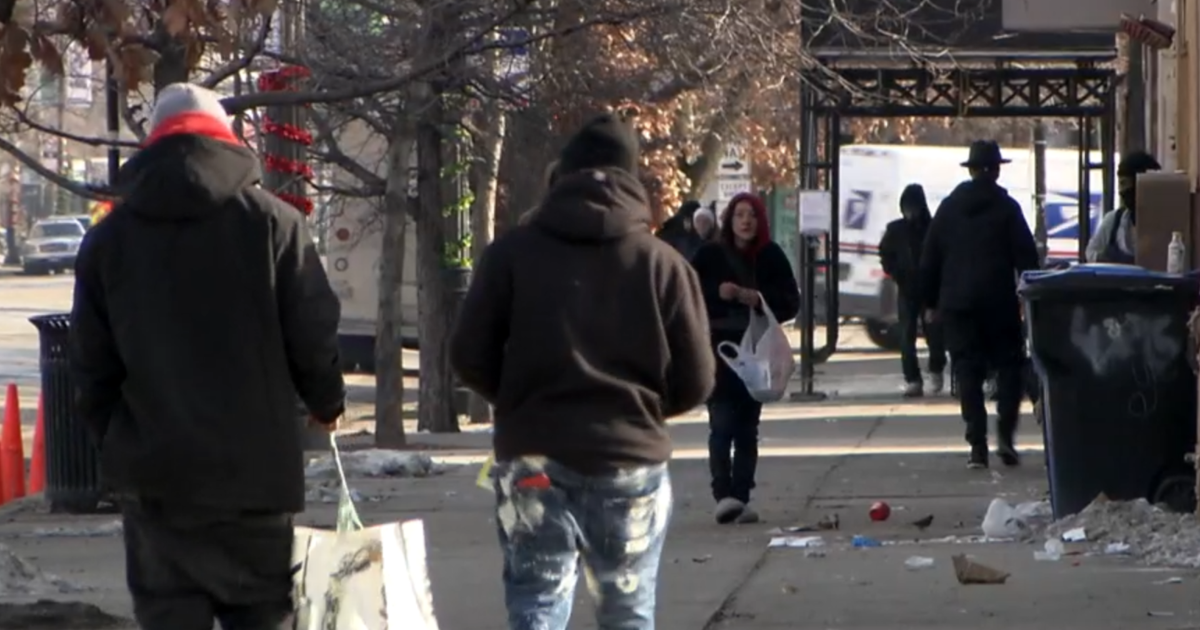Chicago health officials warn of uptick in invasive meningococcal disease
CHICAGO (CBS) -- The Chicago Department of Public Health has issued a new warning, following a local uptick in invasive bacterial meningococcal disease cases.
So far, there have been eight cases of invasive meningococcal disease in Chicago in 2024 to date. There were seven cases in 2023, and only one to three cases from 2017 through 2022.
Invasive meningococcal disease is a bacterial infection that involves the lining of the brain and spinal cord, and the bloodstream. It can be severe or even deadly.
"We are monitoring this situation very closely and so far have identified no common exposure among Chicago cases," said Chicago Public Health Commissioner Dr. Commissioner Olusimbo 'Simbo' Ige said in a news release. "While cases remain very rare, we want people to be aware because the outcomes can be so severe. As with other illnesses such as COVID-19 and measles, keeping up to date with recommended vaccines is the best protection against meningococcal disease."
The Centers for Disease Control and Prevention has also issued a health advisory for a national increase in invasive meningococcal disease cases.
Nationally since 2023, cases of invasive meningococcal disease have disproportionately affected people between 30 and 60, and African Americans. In the 15 cases in Chicago in 2023 and 2024, nine of the patients were ages 30 to 60, and eight were Black.
Meningococcal disease spreads through respiratory and throat secretions like saliva. It is not as contagious as the flu or COVID-19 and usually requires contact like kissing.
The city advised that symptoms of meningococcal disease can be like the flu, but they worsen rapidly and can become deadly within a few hours. The symptoms may include fever, headache, stiff neck, nausea, vomiting, photophobia or sensitivity to light, and altered mental status.
Symptoms of a meningococcal bloodstream infection may include fever and chills, fatigue, vomiting, cold hands and feet, severe aches and pains, rapid breathing, diarrhea, or in later stages, a dark purple rash.
Anyone who develops such symptoms – or a caregiver for a child who does – should seek medical attention right away.
Adolescents and teens should also get about meningococcal vaccines on schedule at age 11 or 12, with a booster at 16, the city said.
While the terms are sometimes used interchangeably, meningitis and meningococcal disease are not the same thing, the CDC noted. Meningococcal disease refers to illnesses caused by the bacterium Neisseria meningitidis, while meningitis is a swelling of the membranes of the brain and spinal cord – a symptom of this disease and other viral and bacterial infections.







